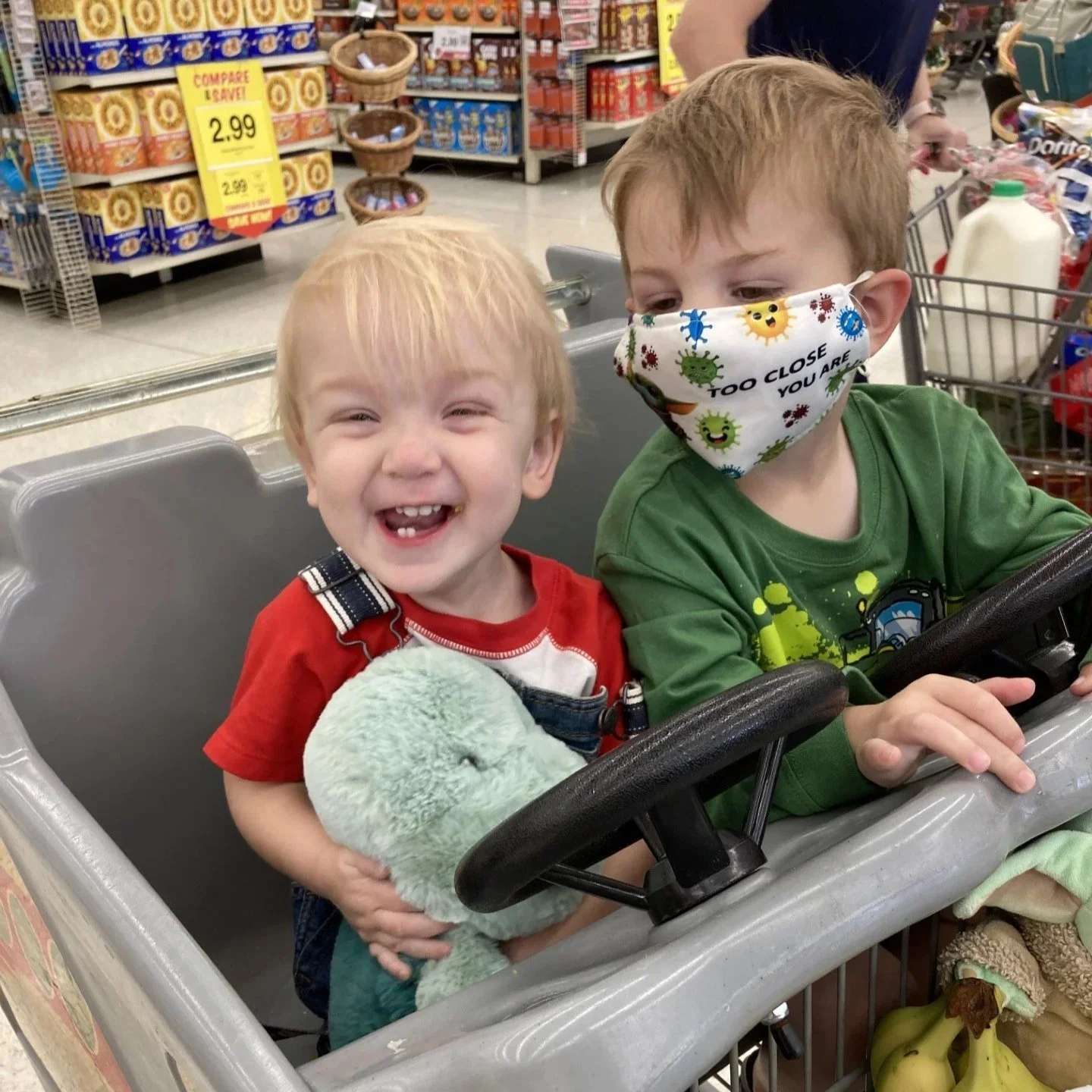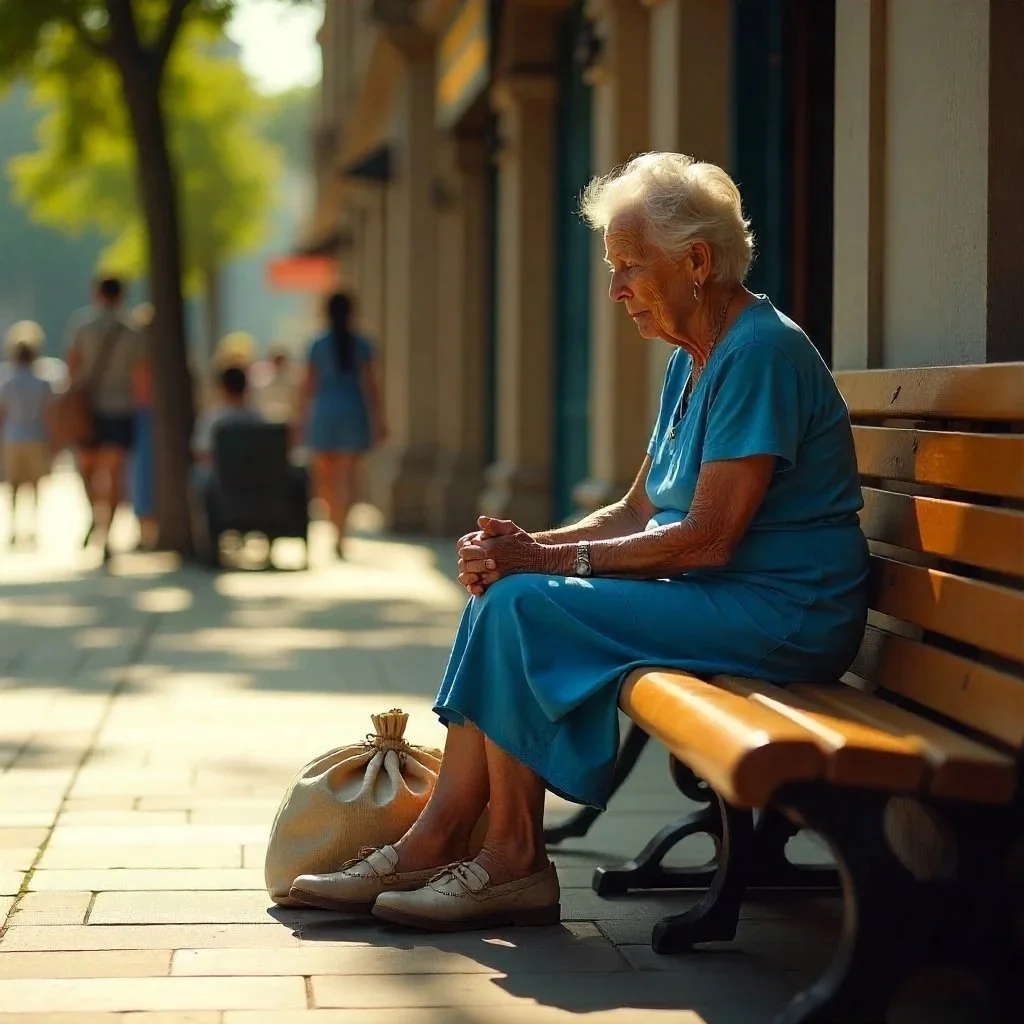Stories for the Lake
written by Rev. Dr. Scott Paczkowski
“Tell your children of it, and let your children tell their children, and their children to another generation. ”
I lived in many cities, towns, and bases growing up as a military brat. Yet, almost every summer we made the annual pilgrimage to my grandparents’ cabin in Minnesota. Along with learning to fish (poorly), swim (well), and ski (passably), I learned the family art of storytelling. The cabin was primitive. We had to walk 75 feet to an outhouse. We used a handpump for drinking water. We bathed in the lake. Shortly after I was born, the Kerosene stopped being lit and were replaced with electricity. Through childhood, there was no television, and that was the greatest gift.
When the sun went down over the lake and the mosquitoes and flies came out, all there was to do was sit and tell stories. I learned about life in early 20th century North Dakota, and Granny and Grandpa’s ancestors in the 19th century. Grandpa died when I was in 3rd grade, so most of the stories came from Granny. She talked about the family moving west from Wisconsin after the civil war. How they started in North Dakota mud huts, until they could clear the land and create enough income to build homes, farms, and towns. I learned faith, hard work, and vision from the stories of my ancestors. Stories have power for future generations.
Stories were important in the novel Chicago, by Brian Doyle. I lived and loved Chicago when I was in Seminary. I related to Brian Doyle’s descriptions. Doyle tells the story of a young man who falls in love with the city as he experiences its stories. “My job, I said, was to catch and share as many good stories as I could, because stories are what we are, what we are made of, and if we don’t share good stories, then we will drown in poor stories, thin and shallow ones, stories told by people who only want power or money, and there is so much more in life than power or money. The coolest most amazing people I have met in my life, I said, are the ones who are not very interested in power or money, but who are very interested in laughter and courage and grace under duress and holding hands against the darkness, and finding new ways to solve old problems, and being attentive and tender and kind to every sort of being, especially dogs and birds, and of course children.”
The Bible is filled with stories more profound than “power and money,” with “laughter and courage and grace.” The Biblical stories, like my family stories at the lake, define who we are and what we value. Take some time and reflect on your family stories. Reflect on the ones that you know of your family history. Some will make you proud, while others will tweak our shame. All will define our past. Then, consider the stories you will hand the next generation. Be honest but also be inspiring. Stories teach, describe, and when done well, inspire others to live more meaningful lives. Do not forget to share your faith stories, because God guided your journey to this moment and for the rest of your life.




